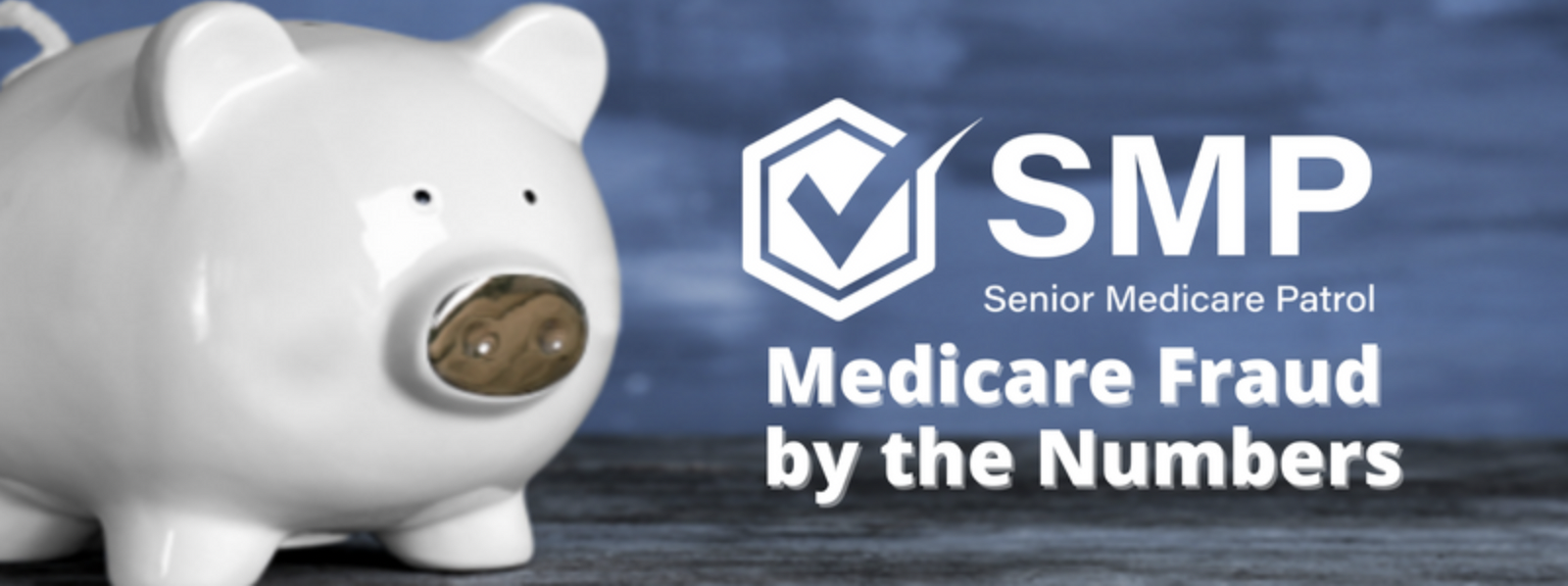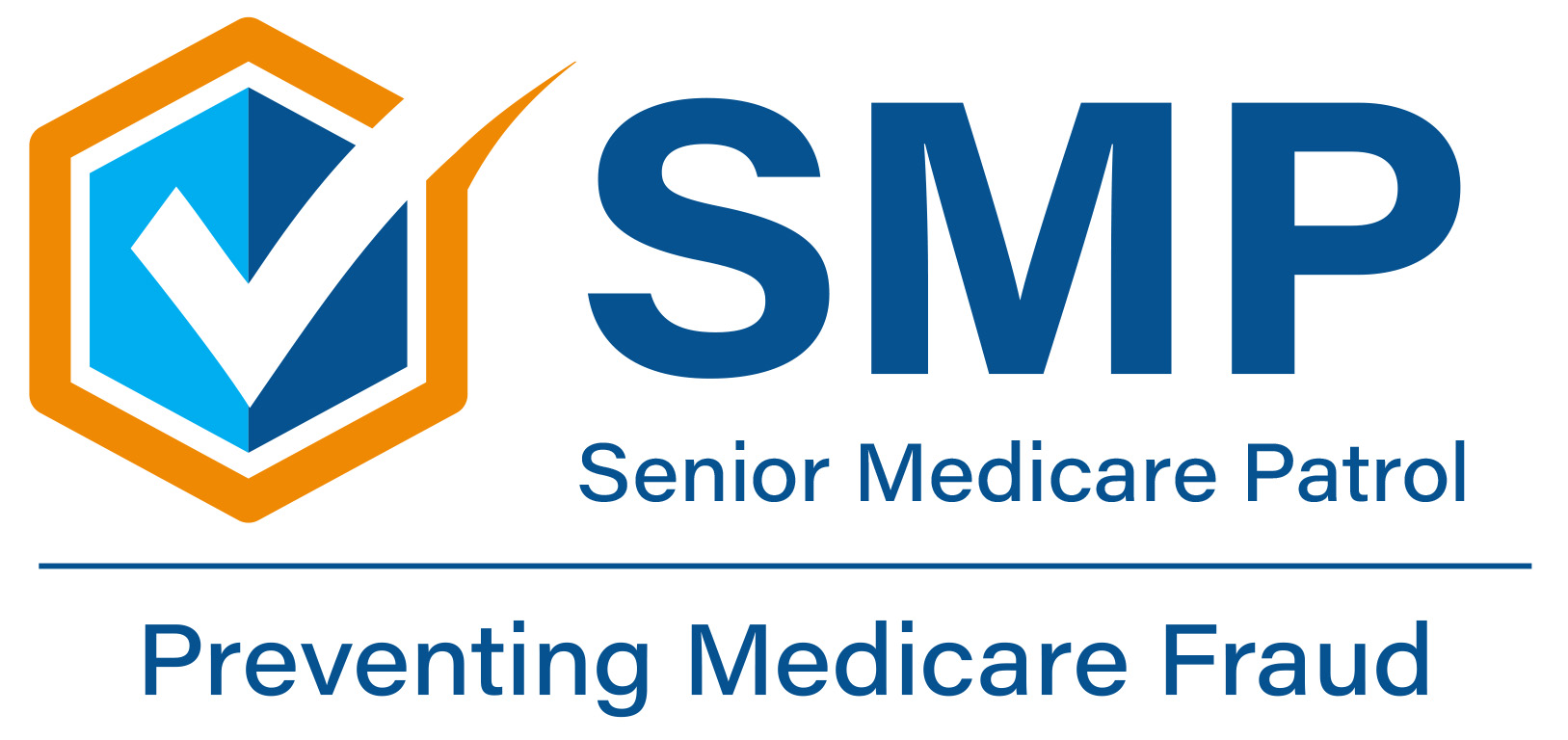
Medicare fraud is big business for criminals. Medicare loses billions of dollars each year due to fraud, errors, and abuse. Estimates place these losses at approximately $60 billion annually, though the exact figure is impossible to measure.
Medicare fraud hurts us all. When thieves steal from Medicare, there is less money for the health care you really need. You pay for things you might never get. You can get hurt when you get tests, medicine, or care you don’t need. Doctors, pharmacies, and medical suppliers can make mistakes and bad choices. Sometimes they straight-up steal from Medicare. Medicare is trying to crack down.
How You Can Help
Be the first line of defense in protecting your Medicare benefits.
- Treat your Medicare card like a credit card. Your Medicare number can be valuable to thieves who want to steal your medical identity or bill Medicare without even seeing you.
- Don’t take advice or offers of medical services from people you don’t know who call, come to your house, or approach you in public.
- Read your Medicare Summary Notice or Explanation of Benefits. Look for services or equipment you didn’t receive, double charges, or things your doctor didn’t order.
- Ask questions and report problems. Call the doctor or company and ask them about mistakes. Call the insurance company if you still have questions. Get help from your local SMP.
- Volunteer. No one cares more about keeping criminals out of Medicare than the people who need it. Become a part of your local SMP program. Help protect your friends and neighbors.
How Your Senior Medicare Patrol (SMP) Can Help
Your local SMP is ready to provide you with the information you need to PROTECT yourself from Medicare fraud, errors, and abuse; DETECT potential fraud, errors, and abuse; and REPORT your concerns. SMPs and their trained volunteers help educate and empower Medicare beneficiaries in the fight against health care fraud.
Your SMP can help you with your questions, concerns, or complaints about potential fraud and abuse issues. It also can provide information and educational presentations. To locate your state Senior Medicare Patrol (SMP) use the SMP State Locator or call 1-877-808-2468. For a printable resource, see the Medicare Fraud by the Numbers Fact Sheet.
Fraud Takedowns from the OIG and Law Enforcement
- Federal Indictments and Law Enforcement Actions in One of the Largest Health Care Fraud Schemes Involving Telemedicine and Durable Medical Equipment Marketing Executives Result in Charges Against 24 Individuals Responsible for Over $1.2 Billion in Losses
- Federal Law Enforcement Action Involving Fraudulent Genetic Testing Results in Charges Against 35 Individuals Responsible for Over $2.1 Billion in Losses in One of the Largest Health Care Fraud Schemes Ever Charged
- National Health Care Fraud and Opioid Takedown Results in Charges Against 345 Defendants Responsible for More than $6 Billion in Alleged Fraud Losses
- An ongoing initiative by HHS-OIG, the FBI, and the U.S. Attorney's Office against solicitation and fraudulent approval of medical braces and/or cancer genetic testing through telemedicine services.
2021 National Health Care Fraud Enforcement Action
- 138 defendants, including 42 doctors, nurses, and other licensed medical professionals were charged for their alleged participation in various health care fraud schemes that resulted in: $1.1 billion in fraud committed using telemedicine, $29 million in COVID-19 health care fraud, $133 million connected to substance abuse treatment facilities, or “sober homes,” and $160 million connected to other health care fraud and illegal opioid distribution schemes across the country.
2022 National Health Care Fraud Enforcement Action
- 36 defendants in 13 U.S. federal districts were charged for their alleged participation in various health care fraud schemes that exploited telehealth-related technology. Defendants include telemedicine executives who allegedly paid doctors and other medical providers to order unnecessary laboratory testing, durable medical equipment (DME), and other medical services.
